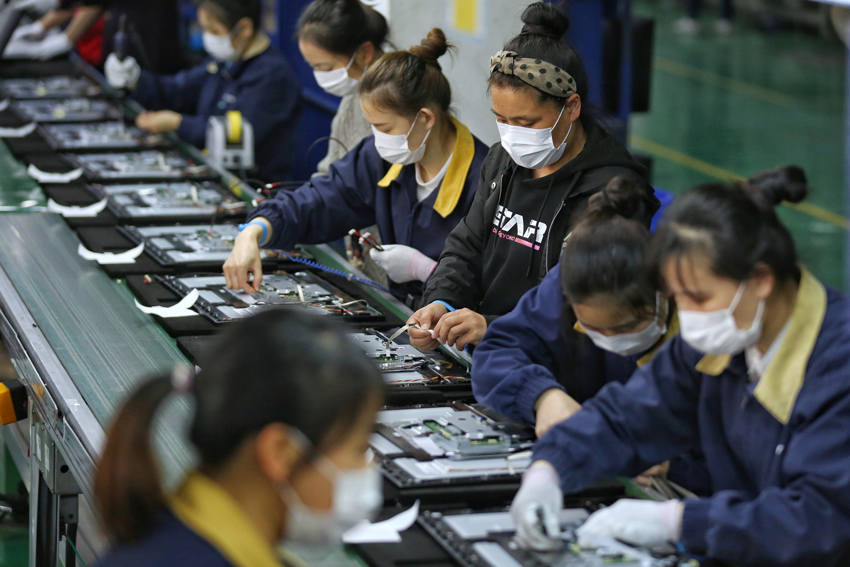Learn, Copy, Dominate: China’s knowledge acquisition strategy
In China, learning and copying merge into a patriotic approach designed to acquire knowledge and strengthen its global power.
China has implemented a systematic and relentless strategy of knowledge acquisition, combining accelerated learning, technology transfers, and economic espionage. This approach is driven by a nationalistic vision that seeks to ensure the country’s technological sovereignty and expand its global influence. Through structured educational policies, strategic industry partnerships, and covert intelligence operations, Beijing accelerates its rise as an economic and technological powerhouse.
Education and Learning: Training to Global Standards
China has prioritized knowledge acquisition by sending thousands of students to elite Western universities each year. These students, often supported by government scholarships, acquire cutting-edge expertise before returning home to contribute to national industries. This talent pipeline ensures that China remains at the forefront of scientific and technological advancements.
Simultaneously, China invests heavily in its own research institutions, fostering an ecosystem where imported knowledge is adapted and enhanced. The rapid development of artificial intelligence, biotechnology, and quantum computing illustrates how China has successfully assimilated foreign expertise and transformed it into competitive advantages.
Technology Transfer: A Strategic Absorption
To accelerate its industrial and technological progress, China enforces strict technology transfer policies. Foreign companies seeking access to the Chinese market must often enter joint ventures with local firms, sharing proprietary technologies and innovations. This policy has enabled China to rapidly close the gap in key industries such as aerospace, automotive, and telecommunications.
Beyond these agreements, China actively acquires strategic foreign companies to gain access to critical expertise. The acquisition of German robotics firm Kuka exemplifies how China secures cutting-edge industrial capabilities while expanding its global footprint.
Economic Espionage and Cyberattacks
China also employs economic espionage as a means of technological catch-up. Cyberattacks targeting Western corporations have exposed trade secrets, defense technologies, and intellectual property, allowing Chinese firms to bypass years of costly R&D. Cases of industrial espionage have been reported in sectors such as semiconductors, aviation, and pharmaceuticals.
Additionally, the Chinese diaspora plays a crucial role in knowledge acquisition, often acting as conduits for technological transfers under the guise of academic collaborations and multinational business engagements.
Protectionism and the Rise of National Champions
By restricting foreign tech companies’ access to its domestic market, China has nurtured national champions like Huawei, Alibaba, and Tencent. These firms benefit from preferential state policies, subsidies, and regulatory barriers that shield them from foreign competition while they expand internationally. This strategy has propelled China to leadership in areas such as 5G, e-commerce, and digital finance.
An Assertive Strategy of Domination. China’s aggressive knowledge acquisition strategy is a well-coordinated mix of education, forced technology transfers, corporate acquisitions, and espionage. By leveraging these methods, China has not only caught up with Western powers but is now positioning itself as a dominant force in global technology and innovation. This calculated approach reshapes global power dynamics, confirming China’s rise as an undisputed technological and economic leader.

